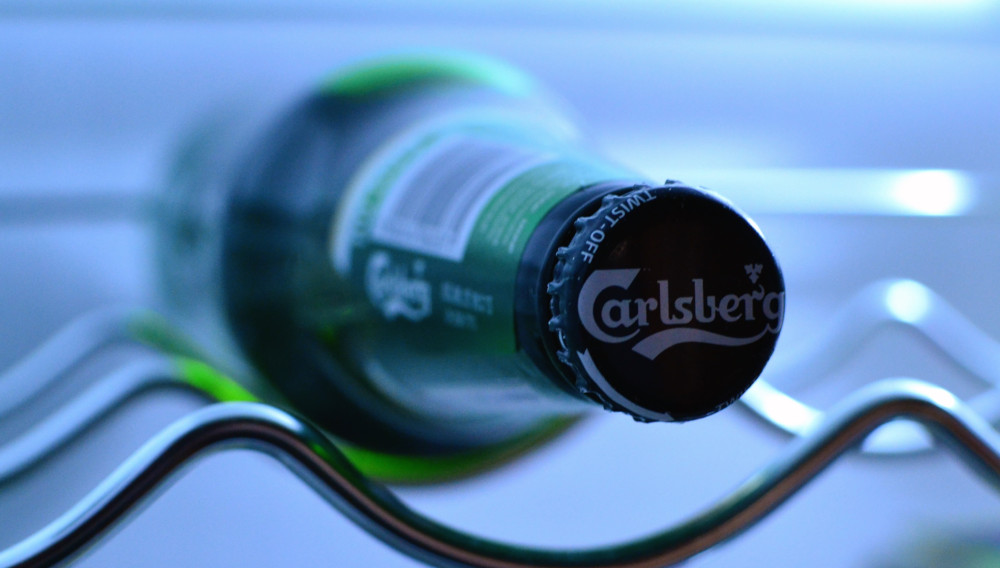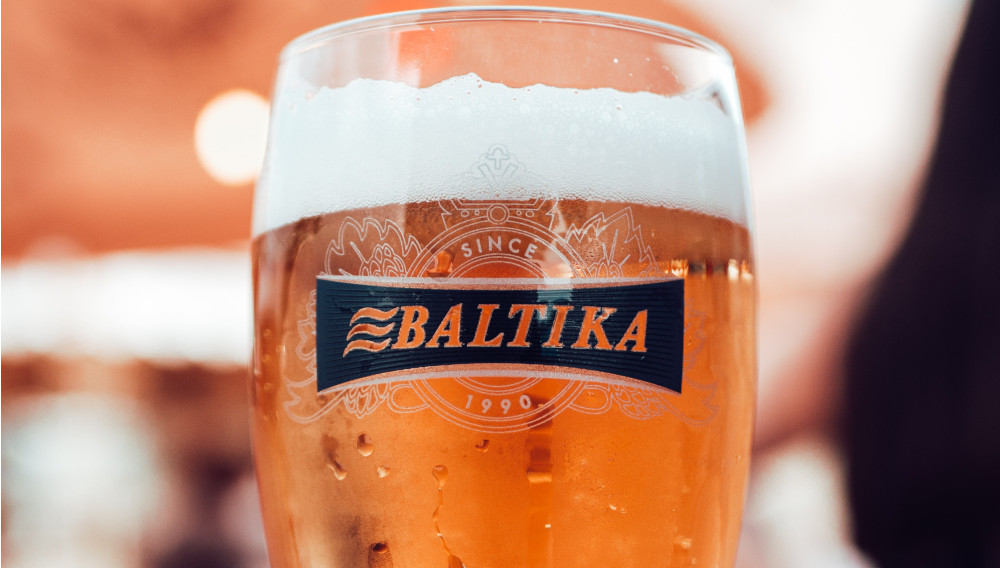Carlsberg to cut jobs at headquarters and halt share buy-back
Denmark | Carlsberg said on 13 August 2020 that it has suspended the second tranche of a share buyback and that it would cut an unspecified number of jobs at its head office in Copenhagen.
Releasing first half figures, the Danish brewer said although drinkers had started to return to bars and restaurants in China and Western Europe over the summer, lockdowns are likely to keep sales subdued for the remainder of the year.
The company suspended guidance in April, but now said it expects a decline in organic operating profit this year of 10 percent to 15 percent.
Second-quarter revenue sales fell 15 percent from a year earlier, to DKK 15.9 billion (USD 2.5 billion) on a drop in total volumes of 8 percent.
In Eastern Europe, Carlsberg commented, the direct impact of covid-19 is expected to be small not least due to Carlsberg’s limited exposure to the on-premise, which is about 5 percent of volume sales. A key risk there is the region’s macroeconomic development, Carlsberg stressed.
Carlsberg changes tack in Russia
In Russia, which is Carlsberg’s biggest market in Eastern Europe, beer volumes at its subsidiary Baltika grew 1.4 percent in the first half. Because it had resorted to sell more beer on promotion, revenue declined organically by 1.3 percent, however.
On the Russian market, Carlsberg said that it grew around 1 percent in the first six months. Carlsberg saw no changes in the competitive dynamics in the market, which continues to be highly promotion-driven.
Therefore, in March, Carlsberg kicked off its plan B, which entailed a much more aggressive promotional approach – that is lower prices – in order to stop its market share and volume sales from declining further. Volumes were up 3 percent, Carlsberg reported, and its market share was strengthened, compared with the beginning of the year, nudging up to 28.5 percent in June, its highest over the past 18 months.
Baltika is the number two player in Russia behind AB-InBev Efes, which has a market share of about 30 percent.
Breweries at half capacity
One effect of lowering prices was that the capacity utilisation level at Baltika’s eight breweries rose to 50 percent from 45 percent earlier, which Carlsberg said it needed to keep its breweries open and supply its customers.
As all its competitors engage in promotions, Carlsberg announced it will continue with its current tactic.


